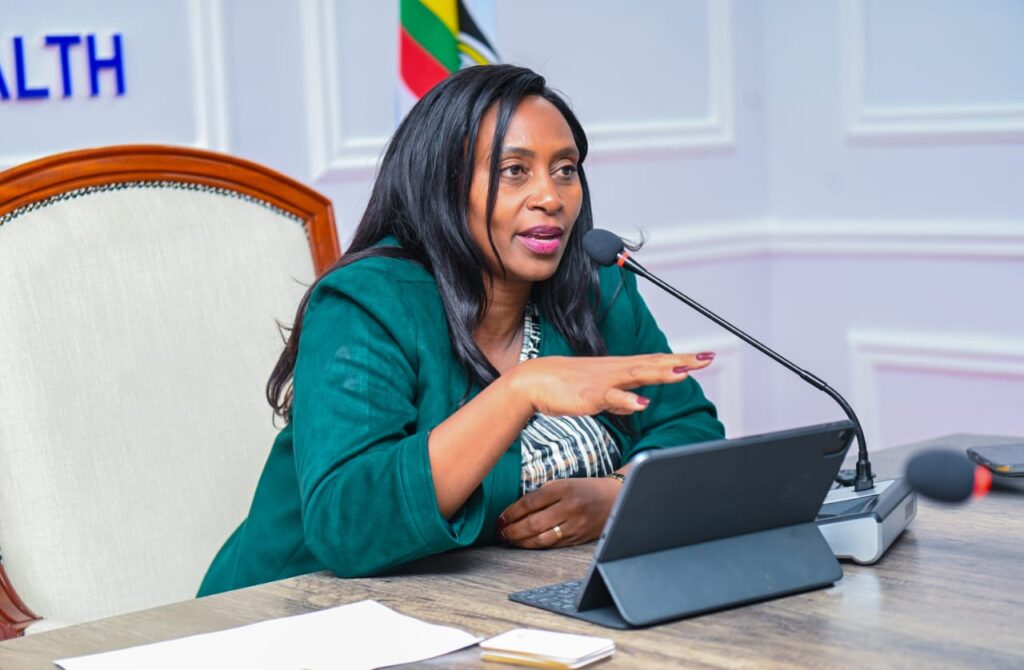Kenya is making significant strides to secure recognition from the World Health Organization (WHO) for its progress in strengthening the country’s medicines regulatory system. The upcoming WHO review mission is seen as a pivotal step towards Kenya attaining Maturity Level 3, an international standard that designates a national regulator as stable, well-functioning, and capable of ensuring that medicines are consistently safe, effective, and of assured quality.
The mission will evaluate various aspects of Kenya’s pharmaceutical oversight, focusing on the work of the Pharmacy and Poisons Board (PPB) in areas such as inspections, pharmacovigilance, digital systems, and inter-agency collaboration. The review will also assess the country’s alignment with global benchmarks, marking a major milestone if Kenya achieves this level of regulatory maturity.
Achieving Maturity Level 3 would place Kenya among the select few African countries with WHO-recognized advanced regulatory systems, significantly boosting confidence in the country’s ability to monitor and ensure the safety and quality of pharmaceuticals within its borders. This recognition could help position Kenya as a trusted medicines regulator on the continent.
The government is working closely with the Pharmaceutical Society of Kenya (PSK) to strengthen the regulatory framework. The Ministry of Health acknowledges the pivotal role pharmacists play in ensuring the quality, safety, and accessibility of medicines and health services. The collaboration aims to implement the Quality Health Pharmaceutical Services and Pharmacy Practice Bills, enhance local pharmaceutical manufacturing, and operationalize the Bioequivalence Hub.
The discussions with WHO also highlighted the importance of workforce planning, standardizing training, and expanding pharmacist leadership in health supply chains and public health programs. These reforms are part of a broader effort to build a resilient health system capable of meeting international standards.
If Kenya succeeds in meeting the requirements, it will not only improve the local health system but also enhance its standing in the global healthcare community, making it a model for other African nations to follow.

